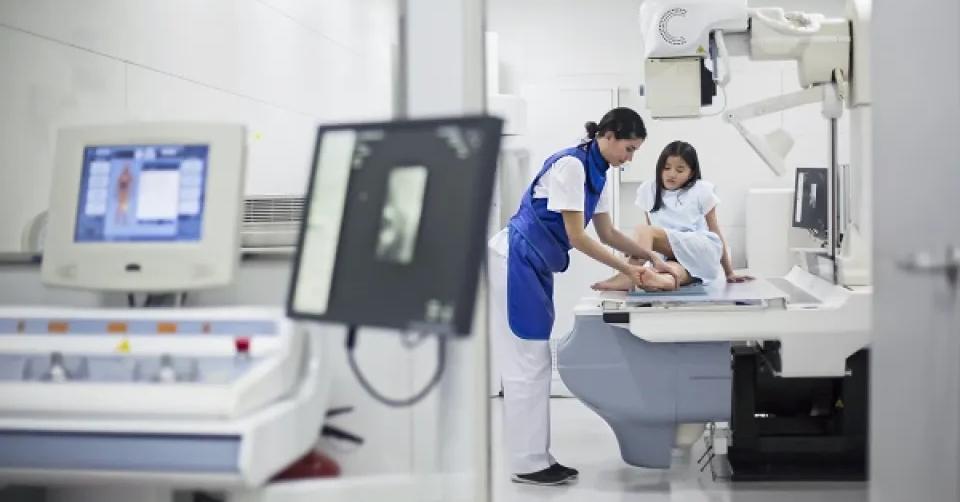So you’re thinking about becoming a radiologic technologist. Also known as a radiographer or X-ray tech, it’s an interesting career path for people who want to help diagnose health issues without years of medical school. An associates degree in Radiologic Technology offers plenty of upsides beyond just preparing you for this rewarding field.
But what exactly does this two-year degree provide that makes it so worthwhile? Let’s explore some career perks you can expect from earning an associate degree in Radiologic technology.
1. Job Stability
You can rest easy knowing radiologic techs are in high demand. As healthcare continues advancing, the aging population keeps growing. More patients means more diagnostic imaging needs. The U.S. Bureau of Labor Statistics predicts radiologic tech jobs will increase by about 9% by 2030.
An associate’s degree gives you that stability right out of school. Hospitals, clinics, and imaging centers constantly hire radiology program graduates. Roughly two-thirds of all radiologic techs work in hospitals, according to research. Thanks to the degree’s strong job preparation, it’s reliable work you can count on.
2. Higher Salary Potential
Speaking of stability, radiologic techs earn a healthy salary of about $65,000 yearly. Those with an associate’s degree tend to fall on the higher end of that pay scale compared to technicians with just a certificate.
Better education means better pay. Techs in metropolitan locations also make more than rural ones. Either way, the degree unlocks better earning potential both immediately and long-term over your career.
3. Clear Advancement Opportunities
A two-year associates in Radiologic Technology gives you a chance to specialize down the road. Pursuing specialty credentials in MRI, sonography, radiation therapy, or nuclear medicine lets you command even higher pay.
For example, MRI techs earn a median of over $73,000 annually, while sonographers make around $77,000. The associate’s degree gives you the foundation to qualify for these more advanced certifications later. More specialization means more money-making opportunities.
4. Transferable Skills
Earning Radiologic Technology Degree equips you with versatile skills that apply across settings. Techs master vital abilities like using complex equipment, assessing patient status, handling emergencies, and minimizing radiation exposure.
These transferable skills allow potential transitions into healthcare administration, medical device sales, pharmacy technology, and teaching, among other fields. The well-rounded expertise makes radiologic tech degree holders adaptable employees.
Get a Radiologic Technology Degree for a Rewarding Career
There you have it – radiologic techs not only fill a crucial healthcare role but also enjoy job perks like stability, good income, advancement, and versatile skills. An associate’s degree unlocks all those benefits and can prepare you to start working in as little as two years.
If helping doctors diagnose and heal patients interests you, it’s an efficient way to bridge into this high-demand field. Reach out to program advisors to learn more about curriculum options, school comparisons, and how to apply for financial aid if eligible. It’s the first step to launching a stable medical career you can take pride in through an associate’s degree in radiologic technology.
